When hearing the news that Mr. Duong Van Minh announced his surrender, all the units in the forest cheered: " Peace , liberation, victory."
I had an appointment with veteran Nguyen Huu Mao, a soldier of the 263rd Missile Regiment that entered Saigon to liberate it on a day in late April. The man had bright eyes, a loud and decisive voice, and hair that had turned gray with time.
Although the war ended 48 years ago, for this veteran, everything is still clear in his mind like it was yesterday, the day of blood and flowers...
The boys put down their pens and went to war.
Mr. Mao enlisted in August 1970, which was the first wave of the State’s General Mobilization Order, in which university students temporarily stopped studying to serve in the war to protect the Fatherland. He said that those days were very exciting, because before that, there were seniors who were students who had also volunteered to go to the battlefield such as Pham Tien Duat, Le Anh Xuan…
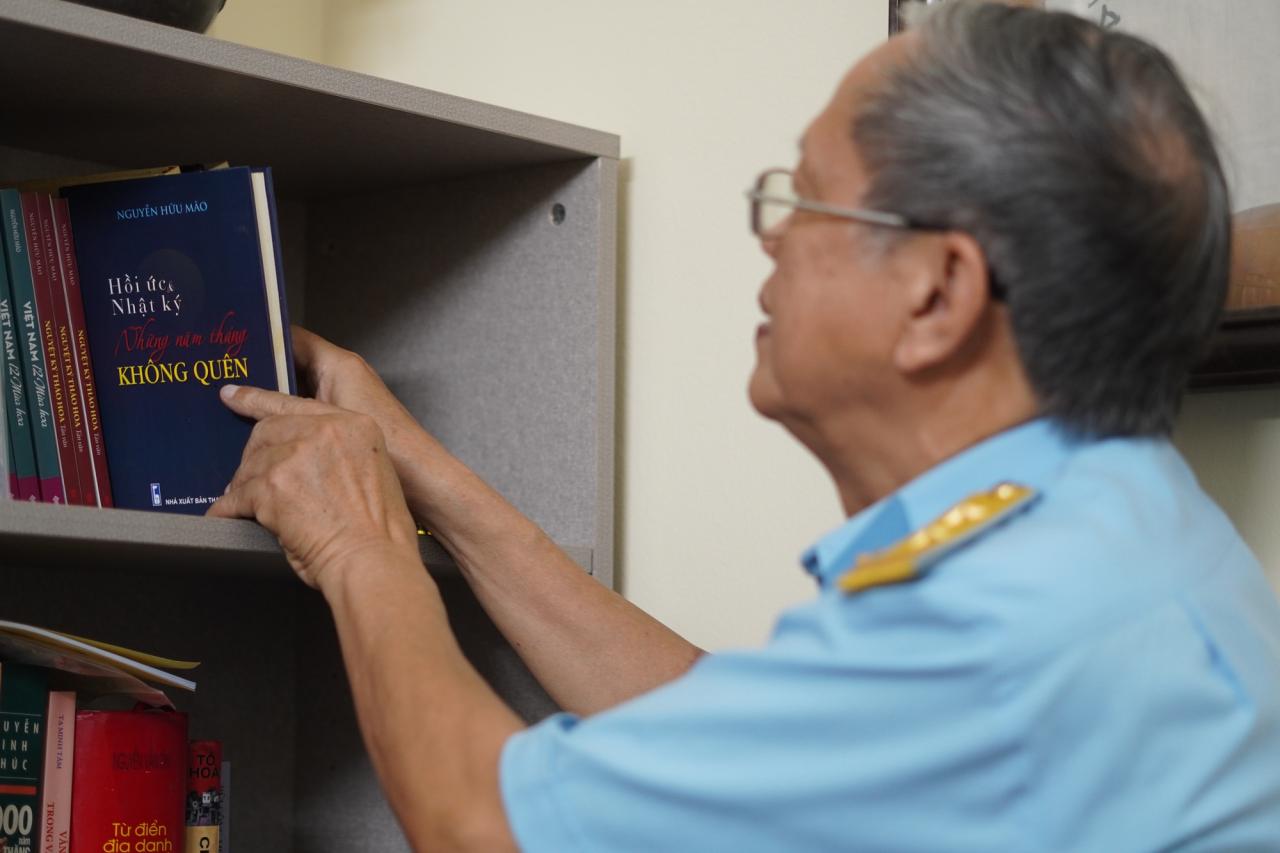
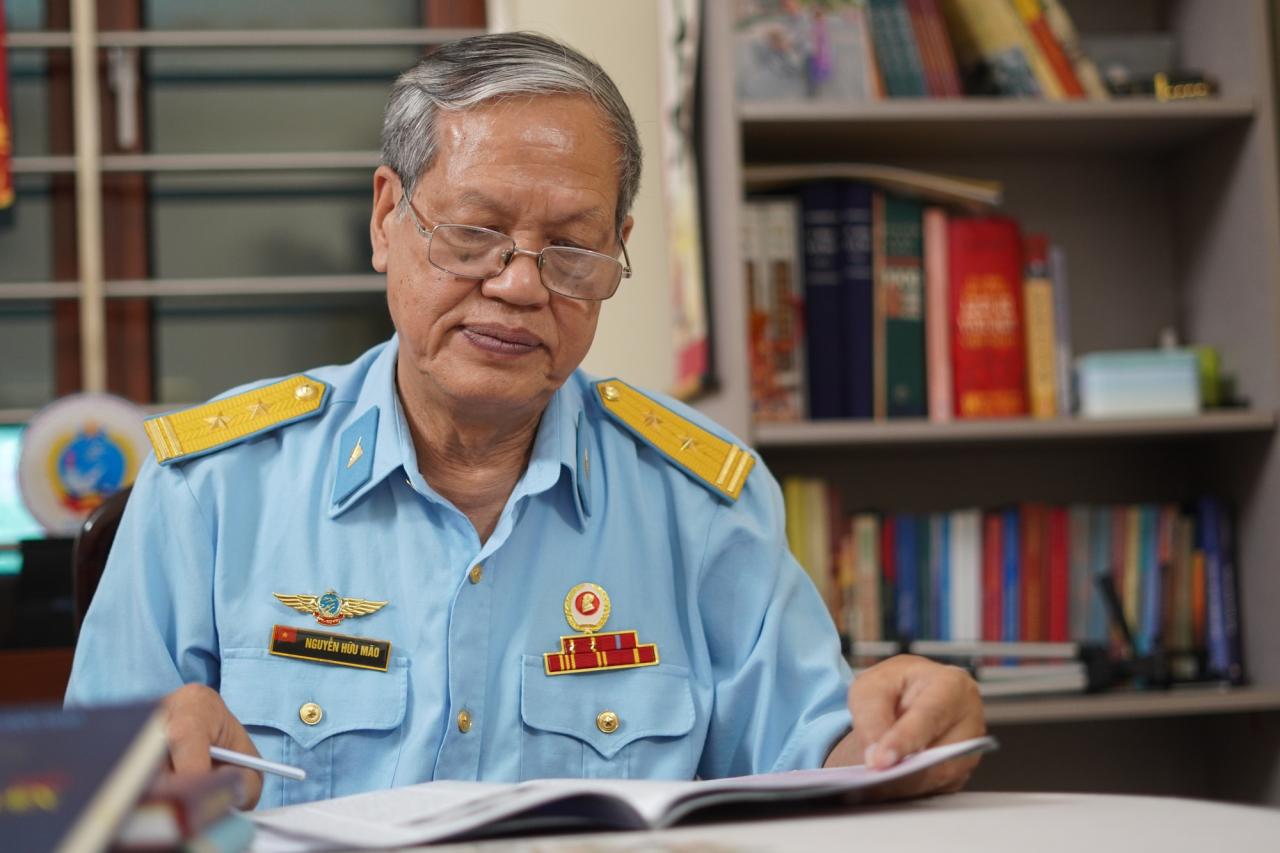
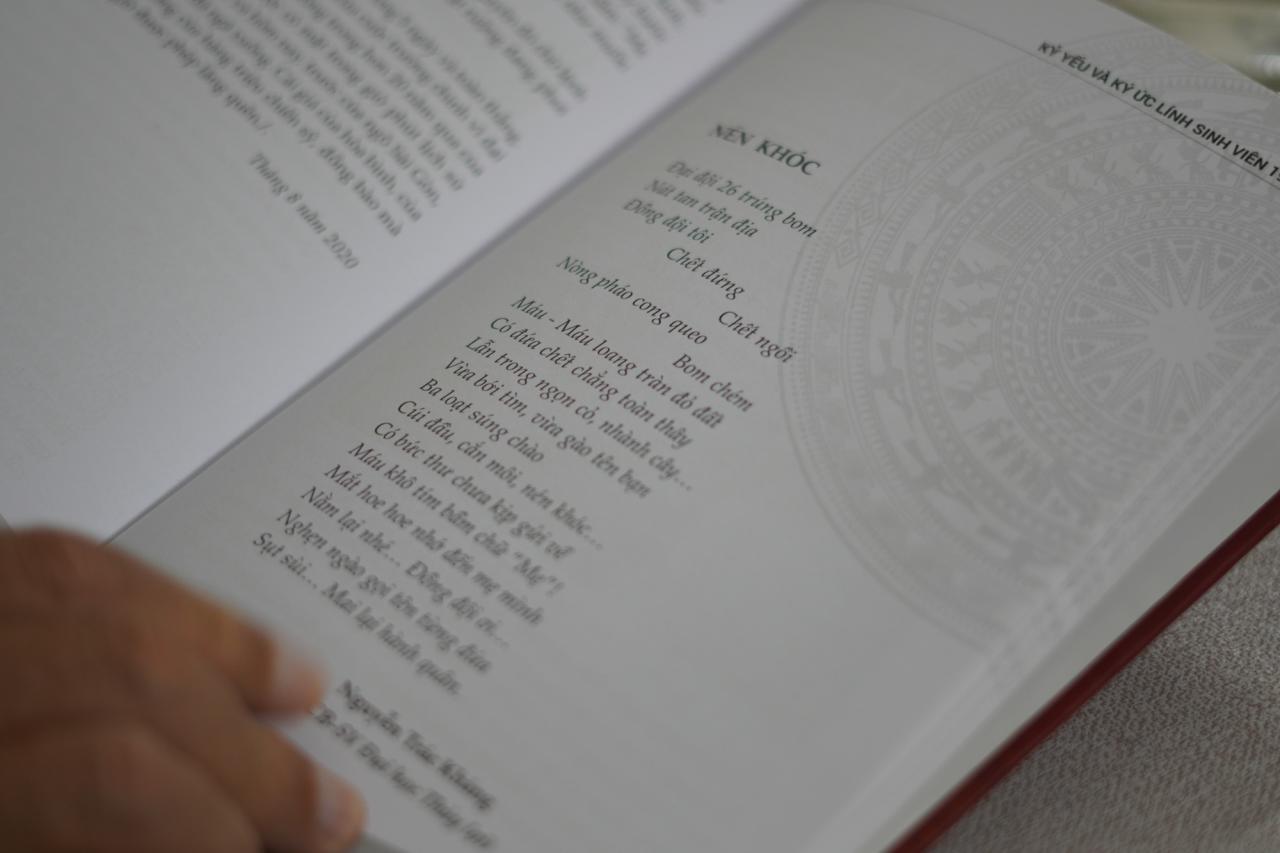
Veteran Nguyen Huu Mao with his book
" There were classes and schools with hundreds of students going. At that time, I was studying Literature at Hanoi Pedagogical University. My department alone had 400 people going, and my class had 3 people going . "
He said that his generation in those years, when the country was at war, everyone had already determined the responsibility of youth. Therefore, the spirit of young people in their twenties and eighteens going to war at that time was very heroic. Everyone was also ready to go to the front to fight the enemy to save the country, as long as the country still had enemies, they had to fight the enemy.
He enlisted and was sent to the 325th Infantry Division for training. After 3 months of sweaty military training, temporarily saying goodbye to his friends who were each assigned to a different unit, he was assigned to the Hanoi Air Defense Division to protect the capital, Regiment 362 - SAM-2 Missile.
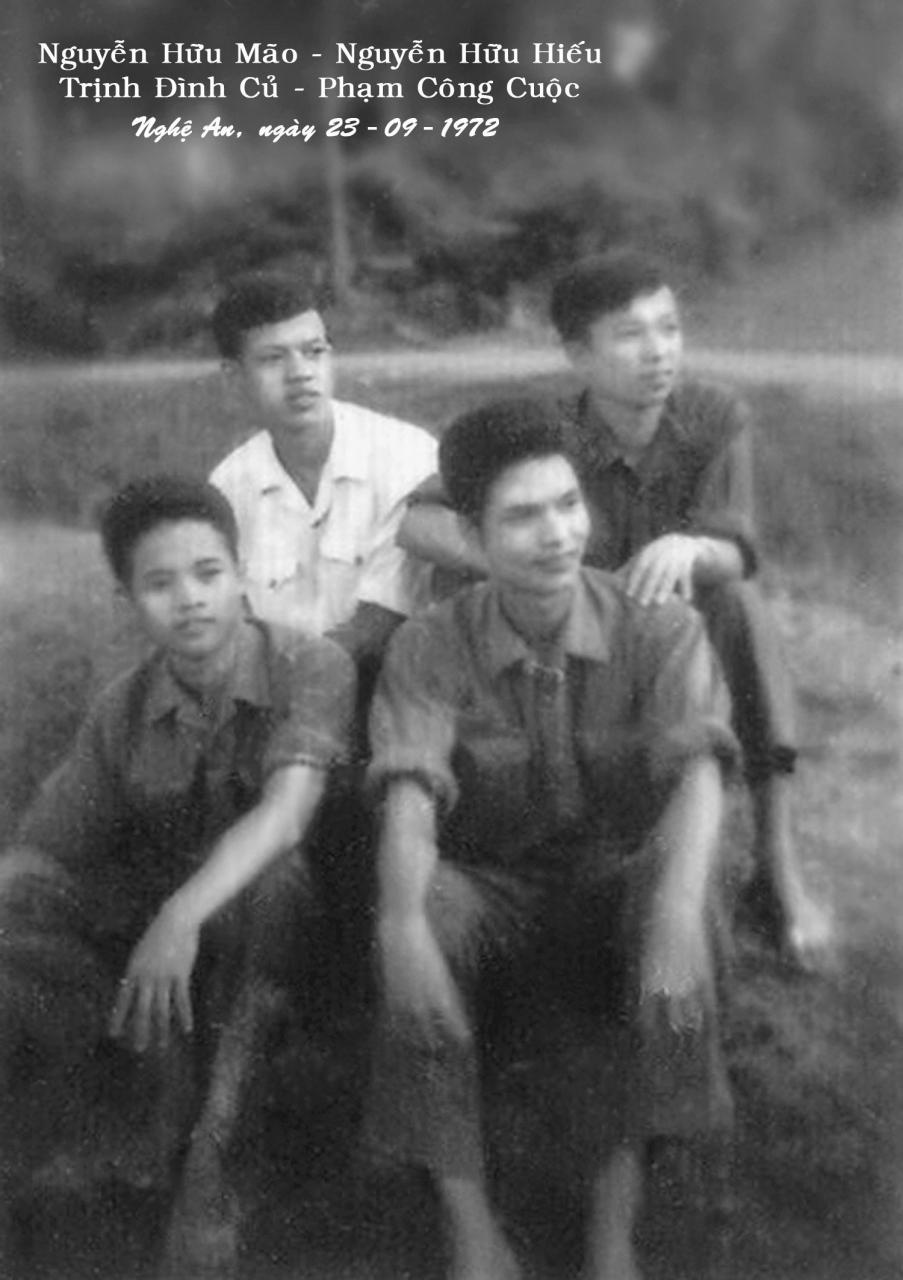
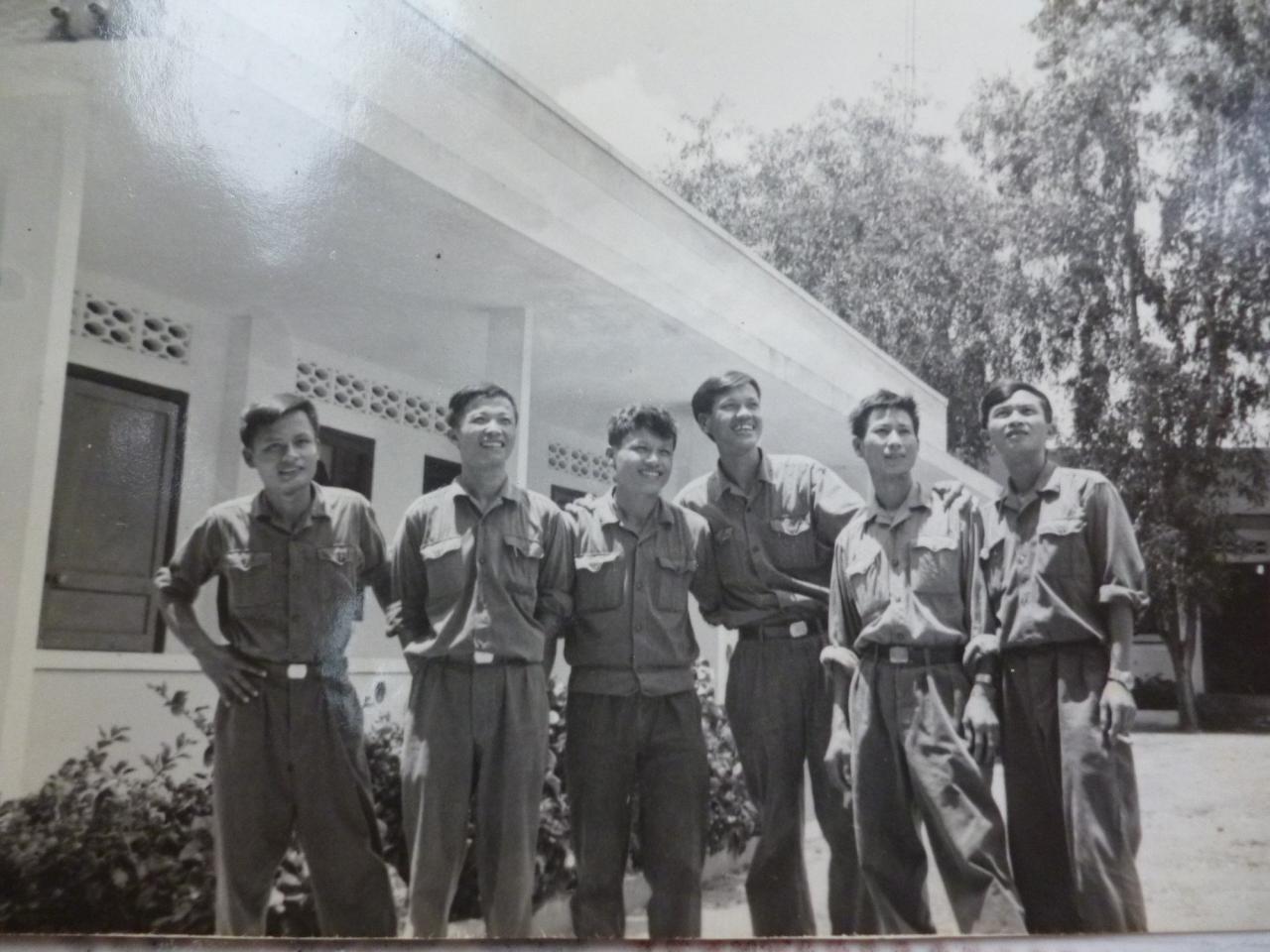
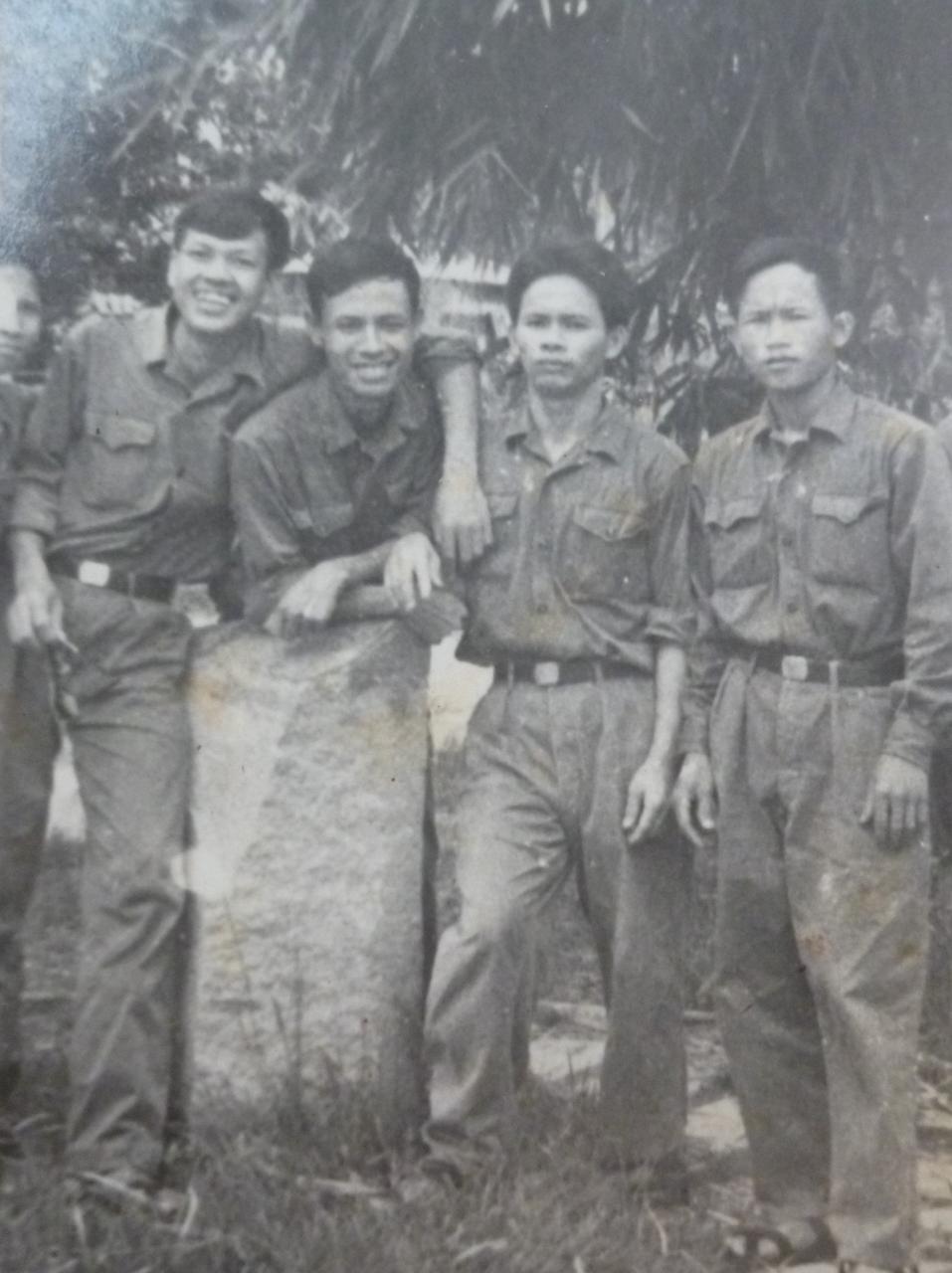
Friends and comrades of veteran Nguyen Huu Mao. Photo: nvcc
In his reminiscences of those "blood and flower" days, he told me every glorious feat of his unit. But there were times when his eyes filled with tears when he mentioned the death anniversaries.
In 1972, after resounding victories in the northern battlefields, his Regiment was assigned to serve in Military Region 4, where supplies were gathered to support the southern battlefield. This was the focus of extremely fierce enemy attacks, such as Chau Bon Junction, Dong Loc Junction, Ben Thuy Bridge,...
Then he lost his voice when mentioning the Regiment's death anniversary on April 20, 1972. In that fierce war, his unit suffered the most damage. Many comrades were sacrificed.
Speeding to liberate the South
After 2 years of defending the liberated area of Quang Tri , his regiment was ordered to pull out of camp and march at lightning speed.
" One day in early March 1975, we were ordered to march secretly. All the equipment that could be taken was taken to march across Lao Bao Pass to Laos, but we did not know where to go. When we reached Savannakhet town, we were ordered to turn left and march south. During the days we marched on Laotian land, we heard news from home that there had been gunfire at Duc Lap, liberating Buon Me Thuot - Tay Nguyen. At that time, we knew that we were going to liberate Saigon . "
At that time, he and his comrades in the new unit were informed by their superiors that they were going to liberate Saigon, but because the East Truong Son mountain range had not been liberated and the road was not passable, the missile duo had to march to Laos to go.
His unit's 263rd Missile Regiment traveled from early March 1975 until April 26 to assemble in the North of Saigon to join the units liberating Saigon.
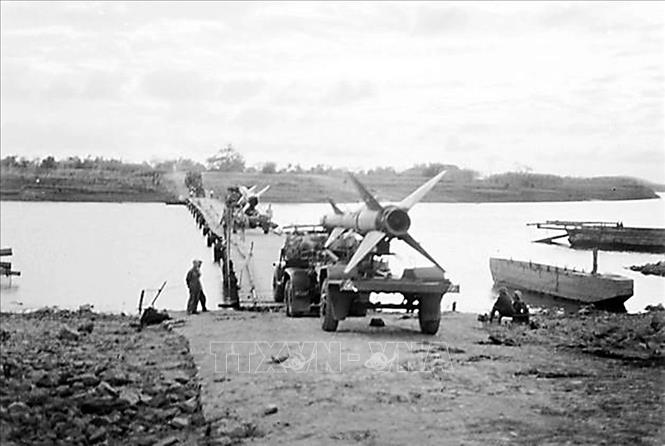
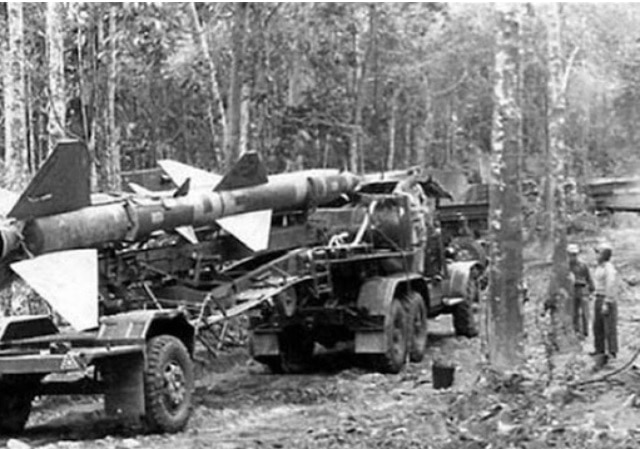
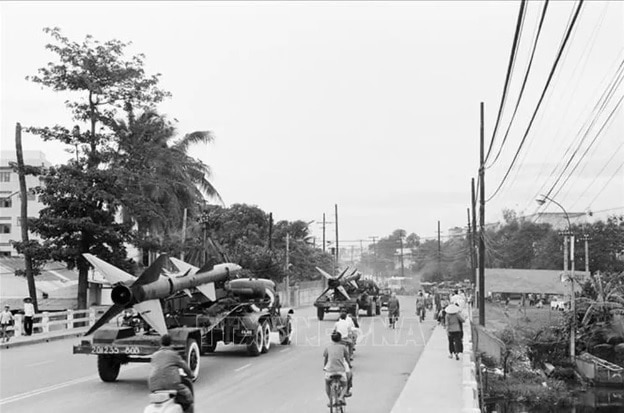
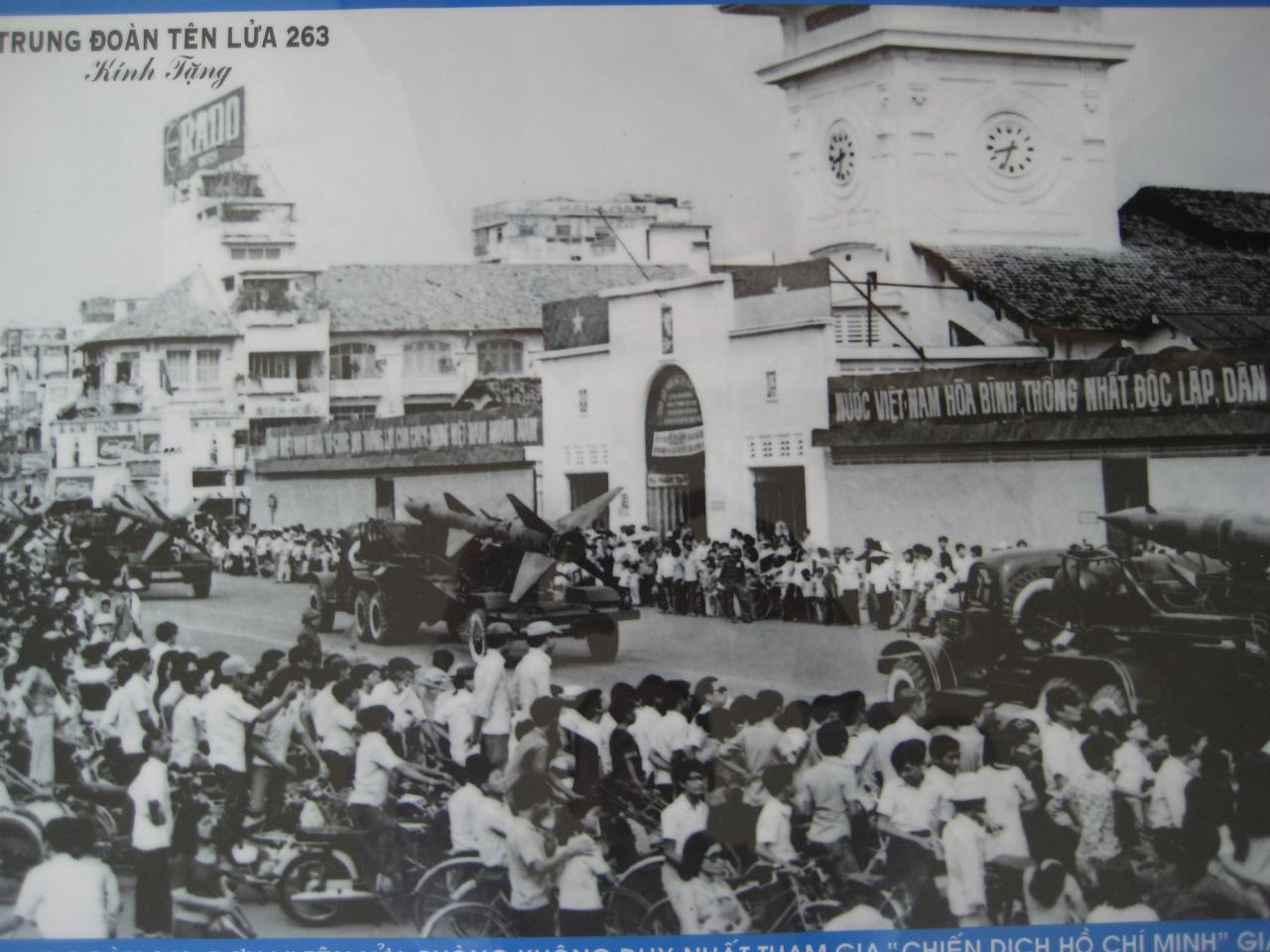
Missile Regiment 263 on the way to Saigon. Photo: NVCC
At noon on April 30, 1975, while the unit was protecting the Saigon perimeter, through the Voice of Vietnam radio and foreign radio, he and his comrades heard the declaration of unconditional surrender by President Duong Van Minh of the old regime.
Perhaps during the entire conversation, this was the moment when his voice and eyes became the brightest. He said: " We were extremely moved. When we heard the news of Duong Van Minh's surrender, all the units in the forest, big and small, brought out their guns and fired bullets into the sky and shouted: Peace, the war is over, victory.
We felt like we wouldn't have to use guns anymore, the war was over. We were so happy, so touched, tears were indescribable. When we went out on the street and met our brothers from other units, we hugged each other, jumped up and down and cried tears of joy .
Days without gunfire
After the liberation day, his unit entered Saigon. On May 2, one side entered Bien Hoa, the other entered Tan Son Nhat. The whole unit rested and prepared to wash and clean their vehicles, refurbish them to be beautiful to participate in the victory parade on May 15, 1975 in Saigon.
He sank again when recalling this moment, the moment when he and the lucky survivors missed their comrades who sacrificed themselves without waiting for the day of peace.
" It was on the day we washed our vehicles, when we had quiet time , that we had time to remember and mourn our comrades. They were unlucky enough to lie on the roads throughout the war. Our unit also went from Hanoi to the battlefield in Zone 4, where the sacrifices were even more fierce.
Thinking about it makes me feel sorry for my comrades. I just hope they rest in peace. We, the survivors, try to live a life worthy of our fallen comrades .
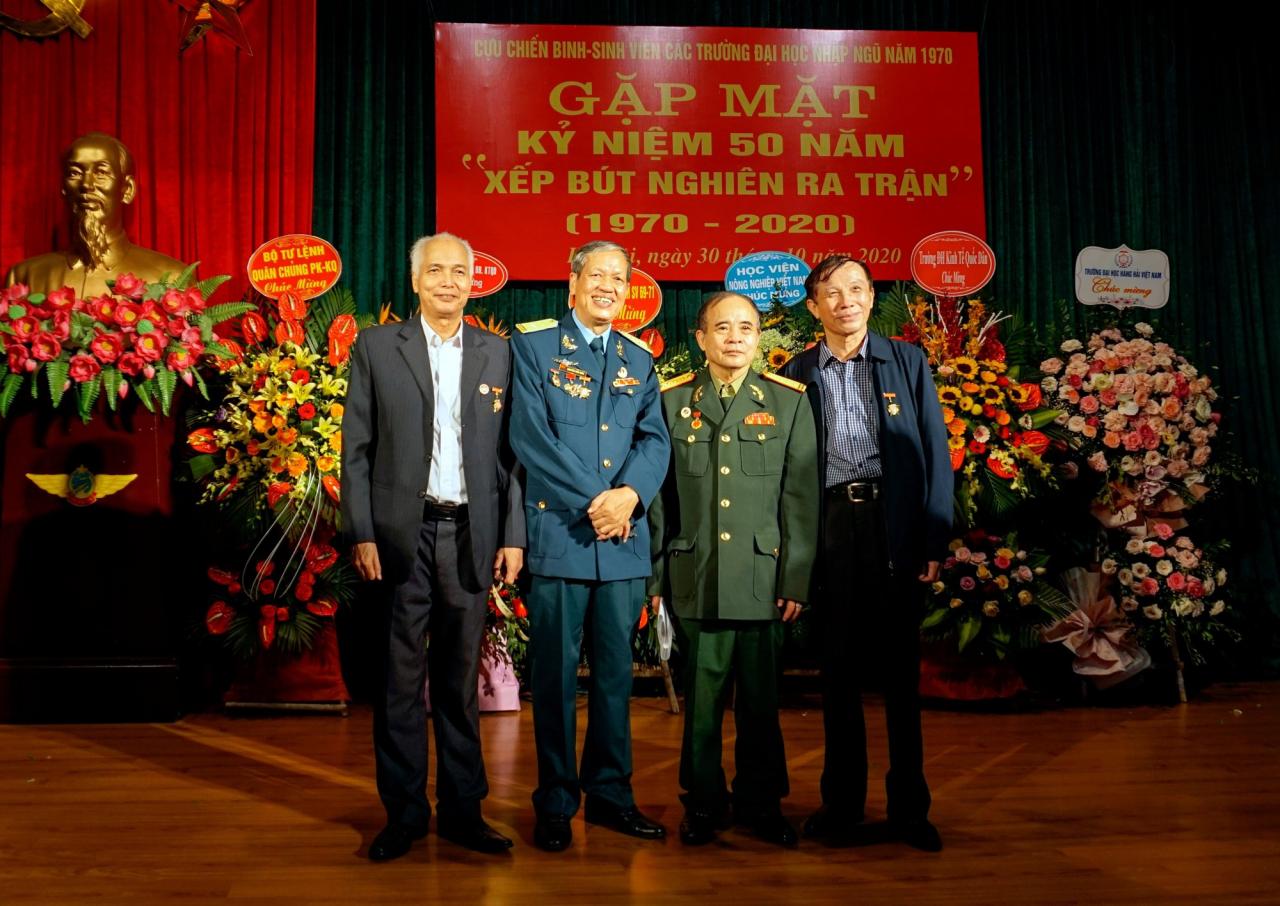
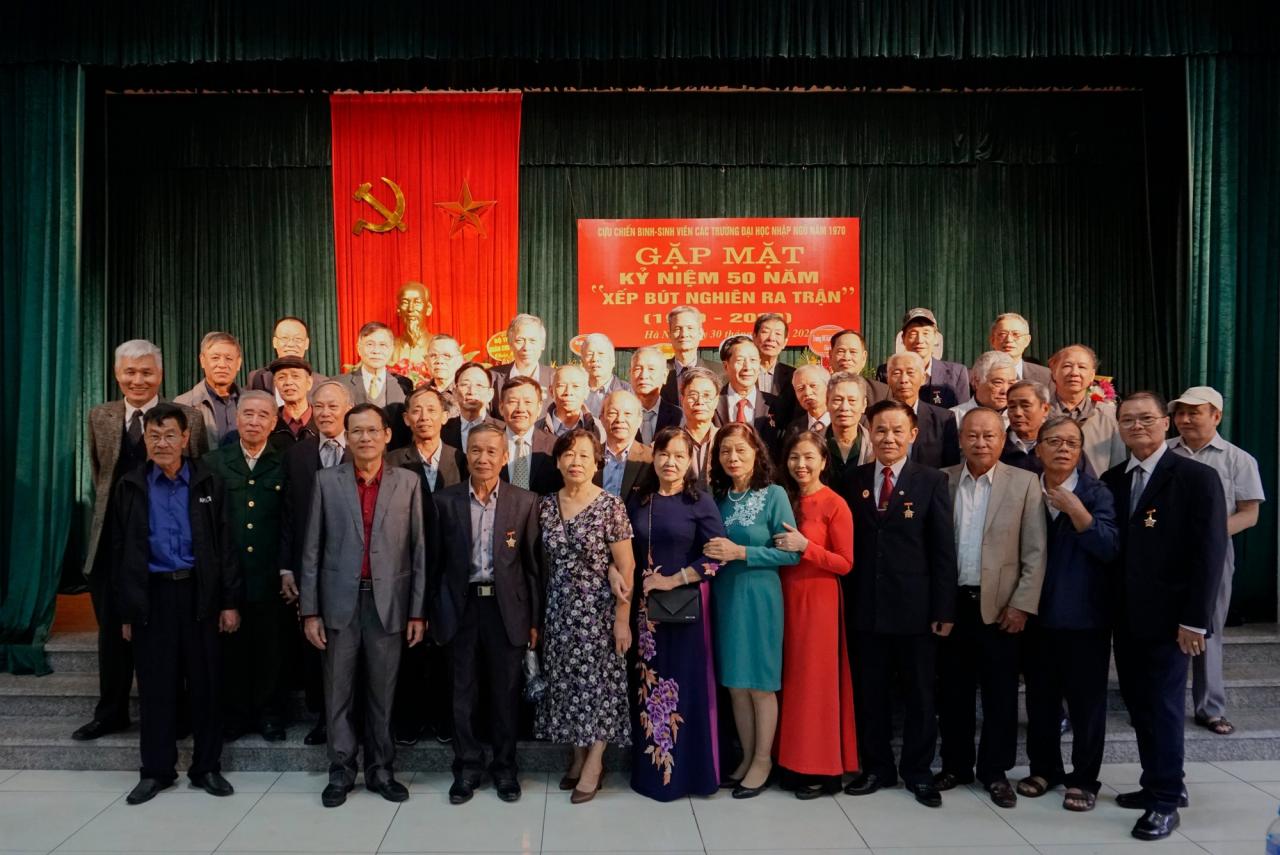
The moment the 263rd Missile Regiment paraded in Saigon on May 15, 1975, seeing the scene of the people joyfully welcoming and admiring the weapons and equipment of the Northern troops, he and his comrades felt even more regretful and pitiful for their comrades. That lingering feeling will probably follow him for the rest of his life.
After the country was at peace, the veterans of that year's Regiment still organized visits to the families of their comrades who were on the battlefield, to each cemetery along Truong Son. That was the responsibility of living soldiers like him to do for their comrades who had fallen during the red flower days.
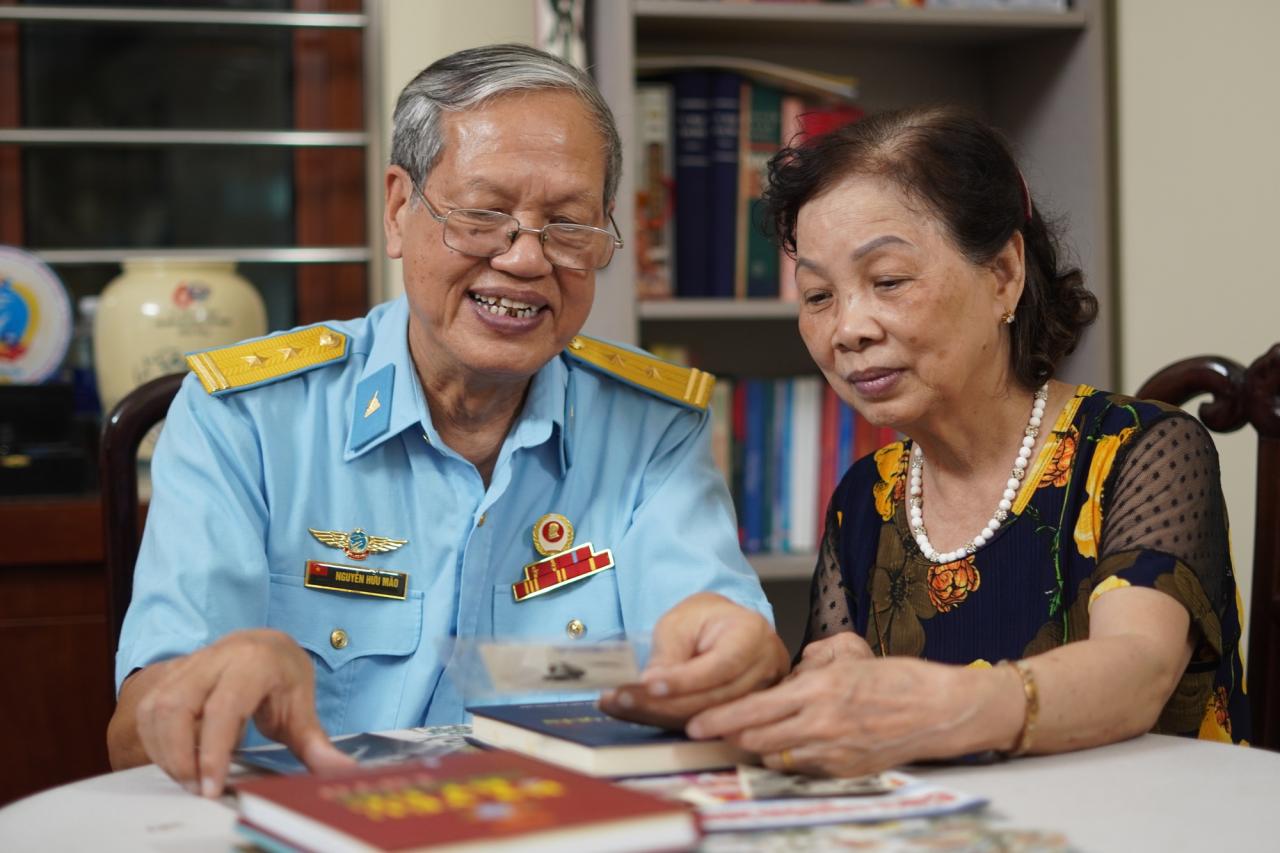
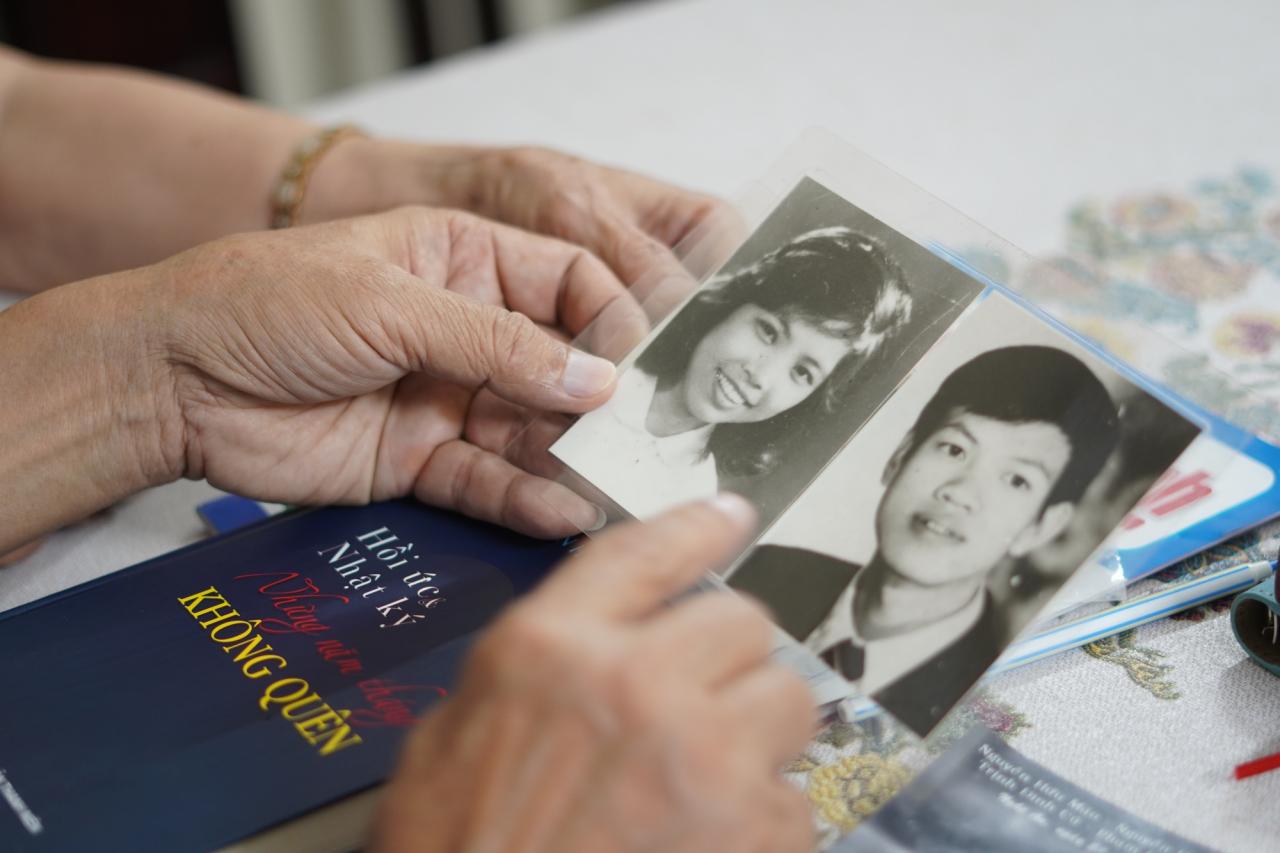
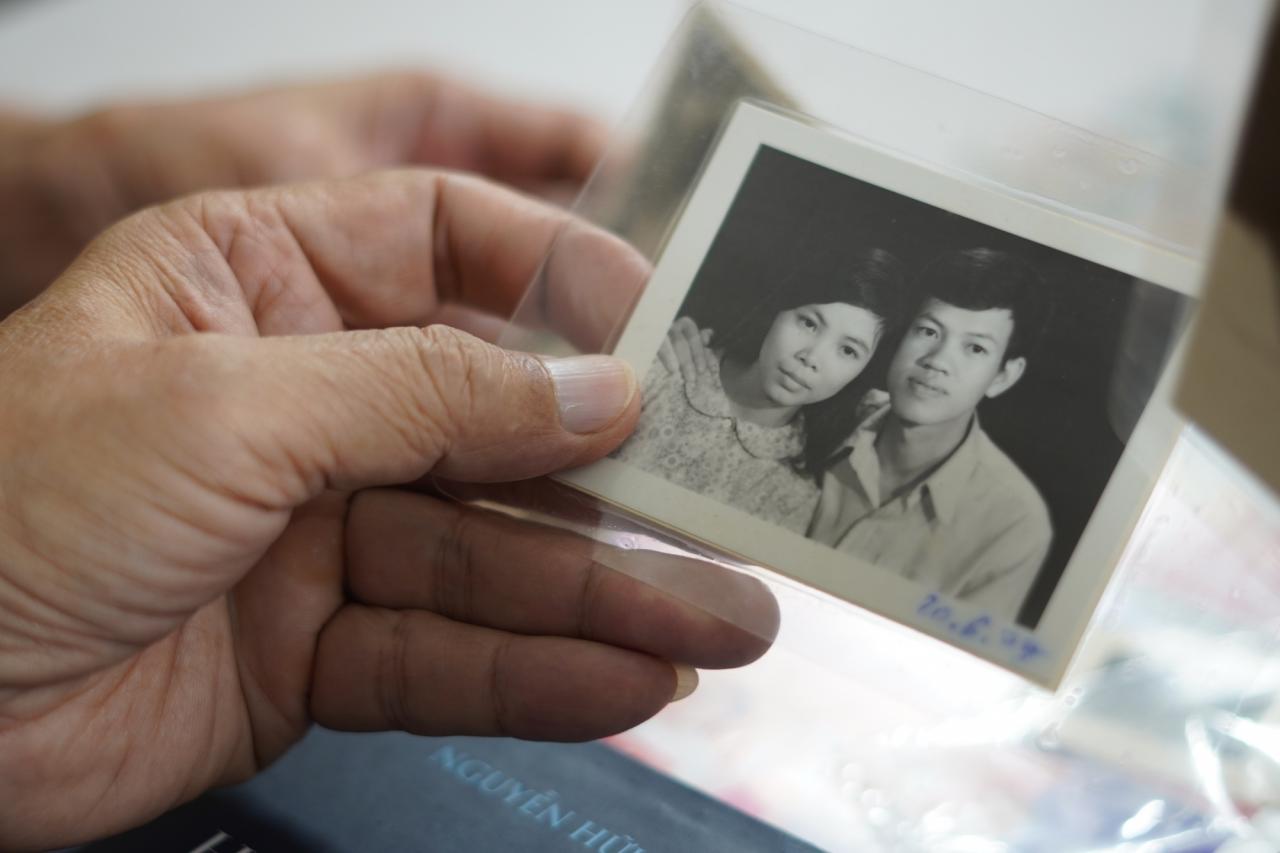
Mr. Mao and his wife review the photos they took together.
After a year of combat duty in Saigon, in 1976 he was given leave to go to the North to see his family. The gifts that soldiers like him carried on their shoulders were dolls and bicycle frames.
He was even more excited than meeting his lover, who had been waiting for him for years without news of each other. He asked someone to buy him a pink piece of fabric to make an ao dai for his lover, because he knew that when they went to the North, the two families would organize a wedding for them...
ttvn.toquoc.vn


![[Photo] Hungarian President begins official visit to Vietnam](https://vphoto.vietnam.vn/thumb/1200x675/vietnam/resource/IMAGE/2025/5/27/ab75a654c6934572a4f1a566ac63ce82)
![[Photo] Vice President Vo Thi Anh Xuan, French President Emmanuel Macron and his wife visit Hanoi University of Science and Technology](https://vphoto.vietnam.vn/thumb/1200x675/vietnam/resource/IMAGE/2025/5/27/267b6f2bdf3e46439f081b49f6ec26b1)


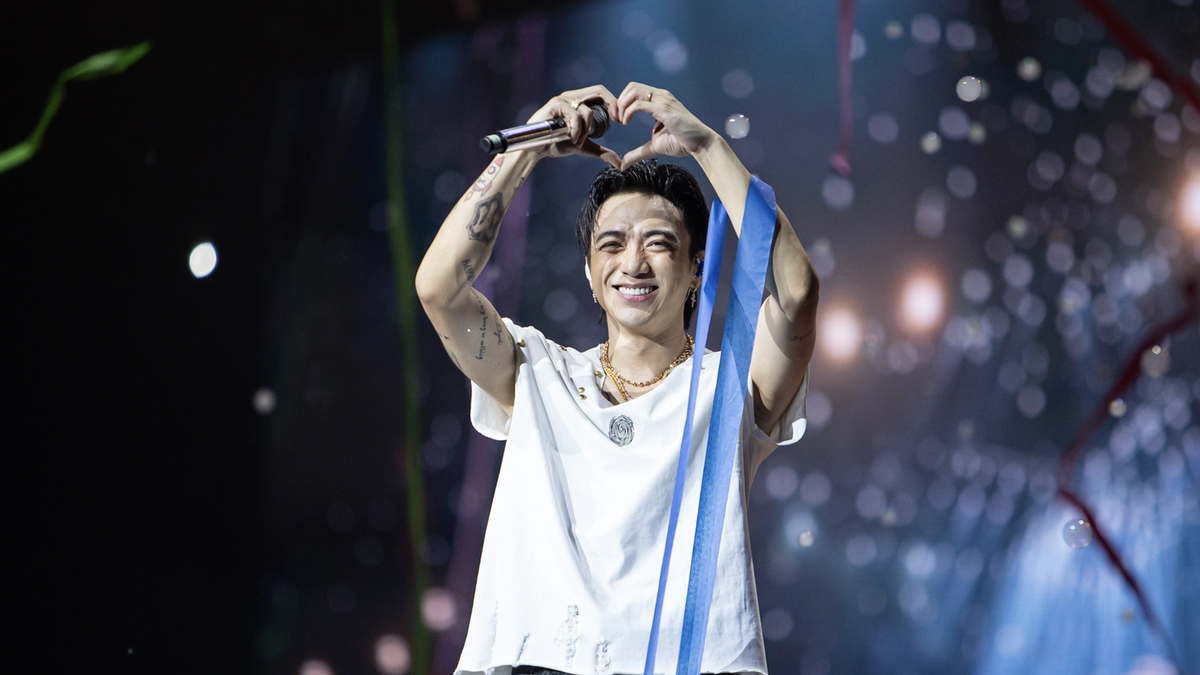

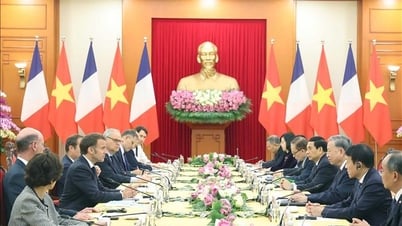

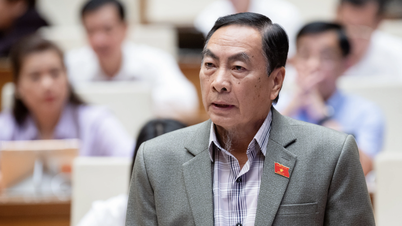

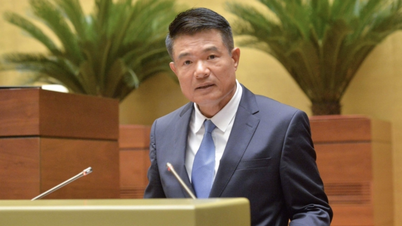


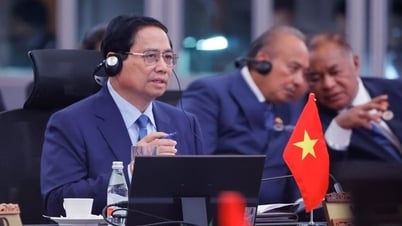

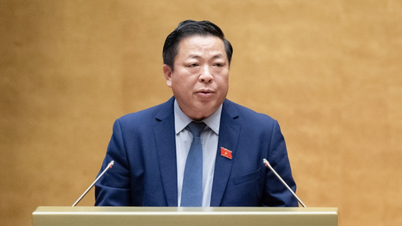






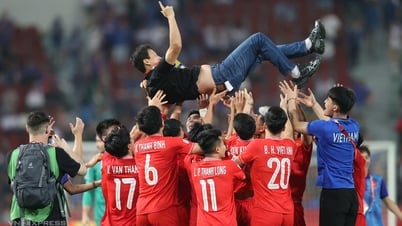


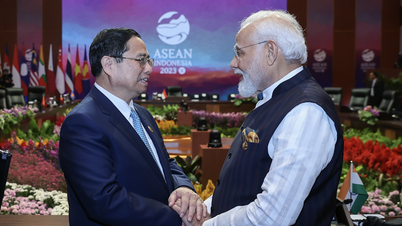
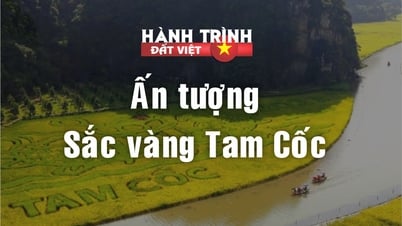

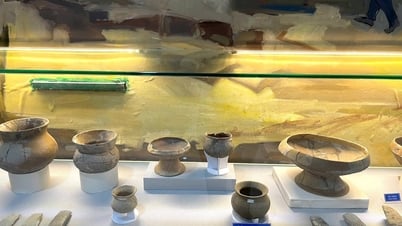

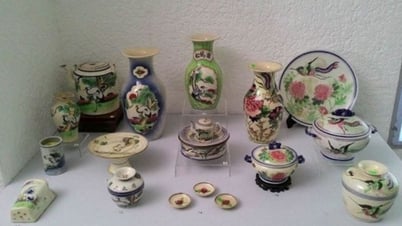
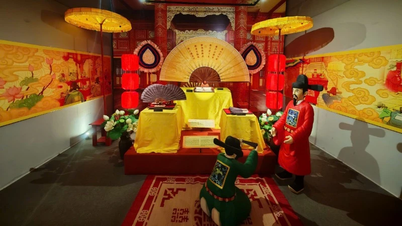

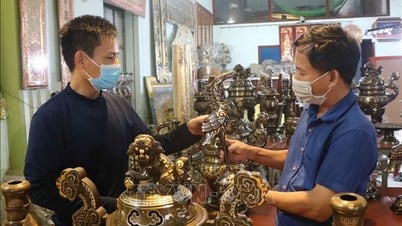
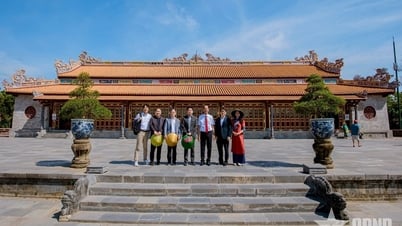

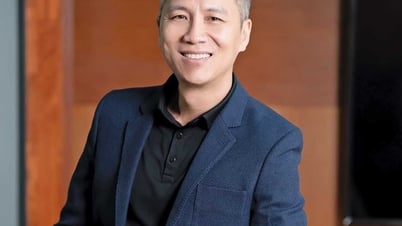



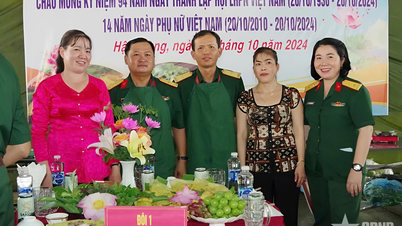
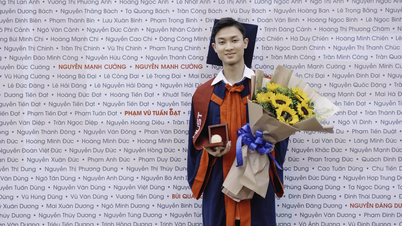
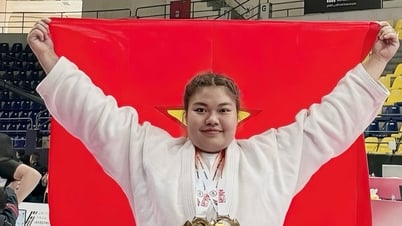
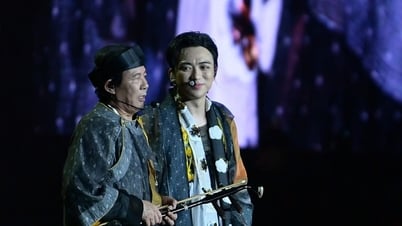

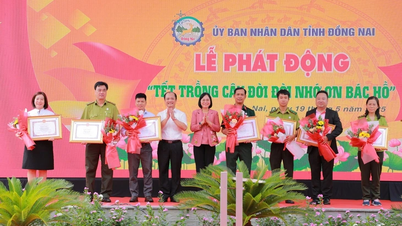







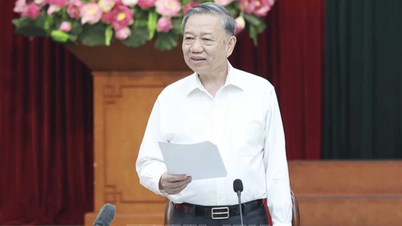
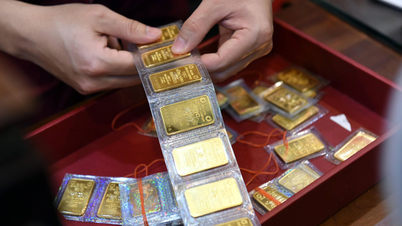
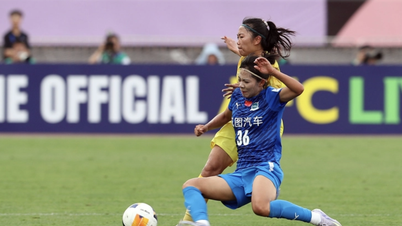
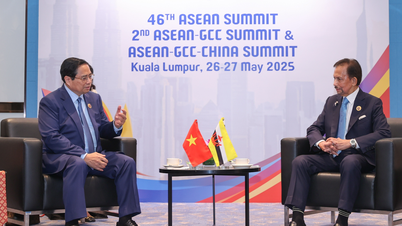






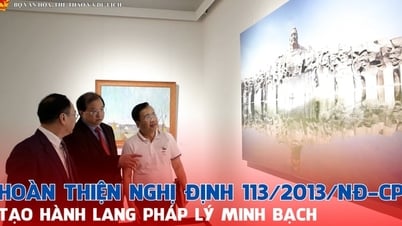
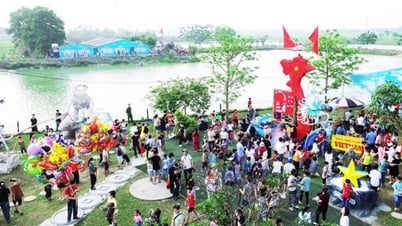


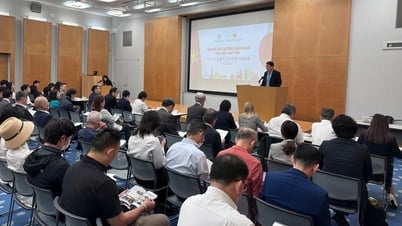
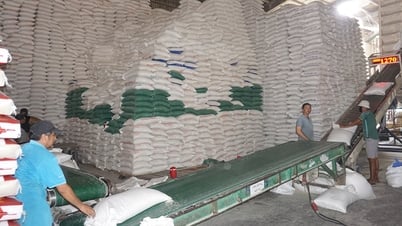
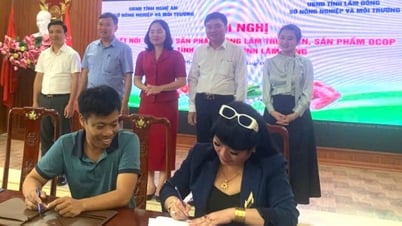

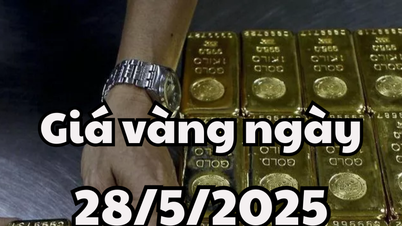


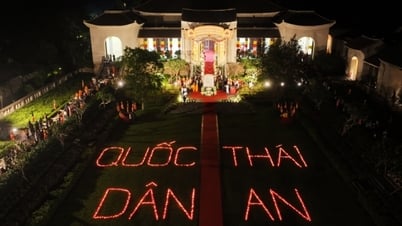



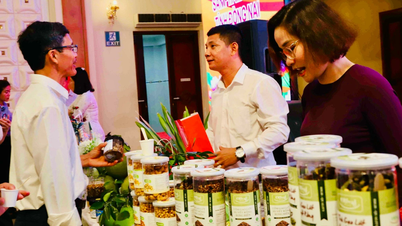

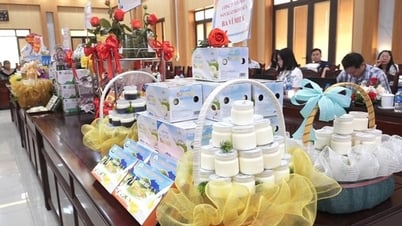



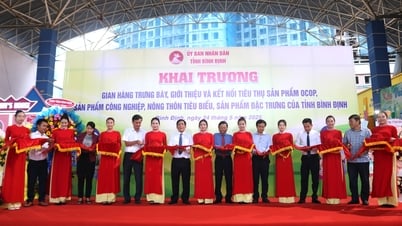

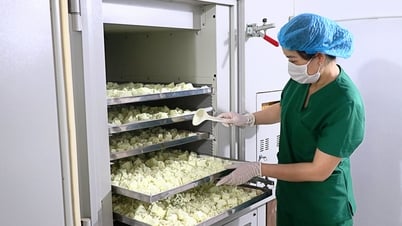

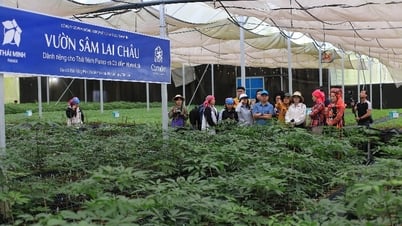

Comment (0)